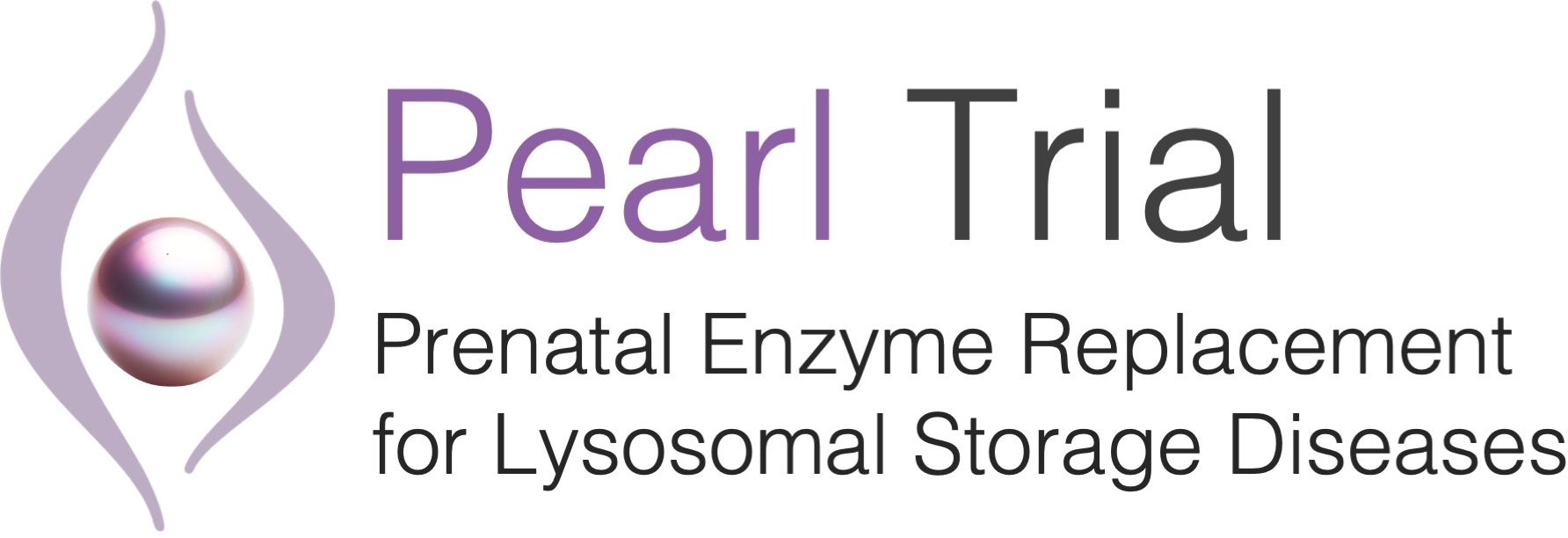Some parents-to-be have to face the terrifying news that their unborn child has been diagnosed with a life-threatening genetic disorder. But thanks to a medical team at a Bay Area hospital, there is amazing new hope in a fetal therapy that may spare their unborn child serious outcomes.
In August of 2022, young couple Robert Bell and Mya Queen flew from Washington D.C. to San Francisco to visit UCSF Benioff Children's Hospital at Mission Bay. Queen was pregnant with her first child whom they would name Ryann. They made the trip to UCSF to help their unborn baby.
"Ryann has Hunters and we are part of a clinical trial," explained Queen.
"I hope that he can be normal like any other child," added Bell.
Hunter Syndrome
Before Ryann was born, a prenatal screening revealed he had a genetic disorder known as Hunter Syndrome or Mucopolysaccharidosis Type II. It is a rare genetic disorder that Queen's little brother also has.
It primarily affects males and females typically carry the gene. The child appears to develop normally until three or four years of age, when he develops behavioral change, attention difficulties, and cognitive decline, among other issues.
"Hunters runs in my family. My great-grandmother, she carried the gene as well. So three of my great uncles had Hunters and sadly passed away from Hunters," said Queen.
Hunter Syndrome is one of several inherited conditions that fall under Lysosomal storage diseases. With these diseases, the body can't make certain enzymes, causing toxic byproducts to build up.
Dr. Tippi MacKenzie, a pediatric surgeon at UCSF, detailed the impacts of what the toxic byproducts can do the body.
"That over time causes organ damage; for example, in the liver, in the brain, in the heart, in the bones depending on what enzymes the patient is missing," said Dr. MacKenzie.
Early disease impacts
When the baby is born, the damage has already begun.
A treatment exists where after birth, patients are given the missing enzyme thru an IV every few weeks for the rest of their lives.
That got Mackenzie and her team thinking about a new strategy: why not give the enzyme replacement therapy to the fetus before birth? Tests using lab mice worked. The enzyme actually got into the brain, transferring through the underdeveloped blood-brain barrier, and into the cells that actually need to the make the enzyme.
UCSF then got permission to begin a clinical trial on pregnant women. Queen and Bell were the first to sign up.
Clinical trial begins
"I was worried and cautious because I've heard several things about different trials and what could happen, but it something about this particular trial that gave me hope," said Queen.
"This is amazing that we're actually delivering the medication before birth," said Dr. Juan Gonzalez-Velez, a maternal medicine specialist at UCSF.
Gonzalez-Velez delivered a series of enzyme treatments to the pregnant Queen by inserting a very thin needle into a vein on the umbilical cord that was connected to her unborn baby.
"We do it in the operating room, under sterile conditions and under ultrasound guidance," said Gonzalez-Velez.
The couple then returned to the East Coast, where Ryann was born. Now, for the very first time since his birth, Ryann has returned to UCSF for a checkup.
"He's doing amazing."
His first stop was at UCSF Benioff Children's Hospital in Oakland where his vitals were taken, and Dr. Paul Harmatz, who is a gastroenterologist and specialist in Hunter Syndrome.
"It went very well. He's really a normal appearing one year old," noted Harmatz.
The following day, the young family went to UCSF where doctors examined Queen. But all in attendance were wowed by the little boy.
"Oh, he's doing amazing. He seems meeting all of his milestones," commented Gonzalez-Velez.
"It was just so incredible to see Ryann who we only knew from his fetal ultrasounds to actually be this growing thriving one year old child," added MacKenzie.
A chance at a normal life
And while it's too soon to draw for any long-term conclusions, Ryann is already a superstar.
"We're just grateful that he's got a chance," his dad told us.
A chance to live a more normal life.
"I would rather give him a fighting chance than to just sit back and watch things happen," explained his mom.
Pregnant women whose fetuses have been diagnosed with several lysosomal storage diseases have come to UCSF to participate in the trial. More information on the trial and which diseases are included is available online.
This article originally appeared on CBS News on January 23, 2024.
